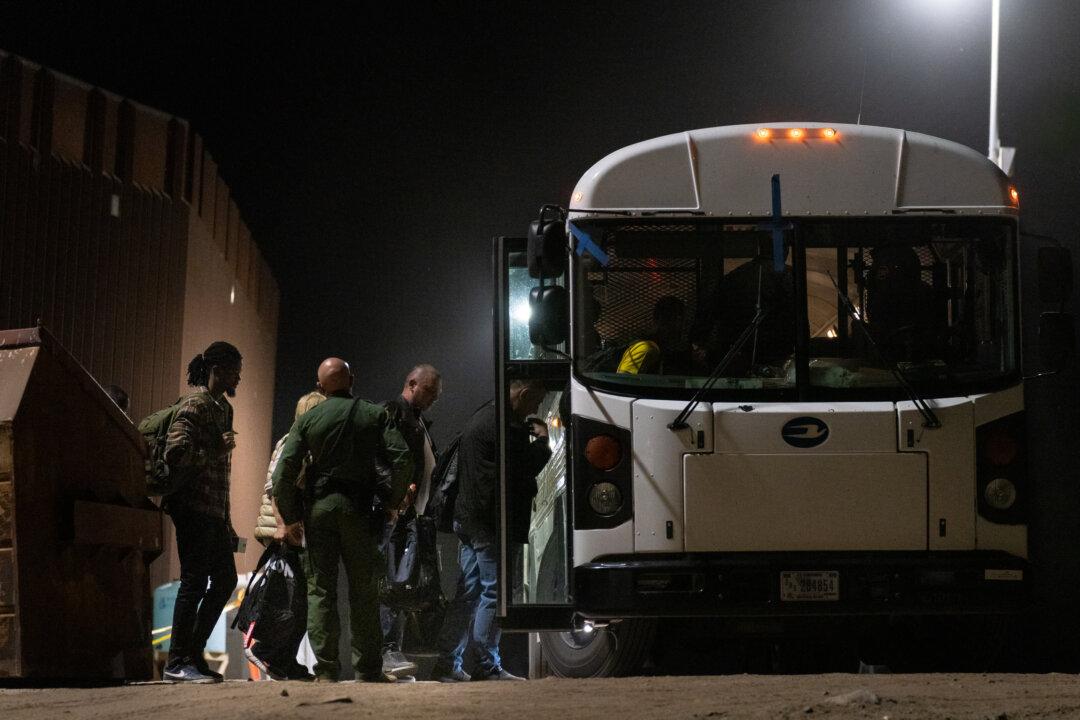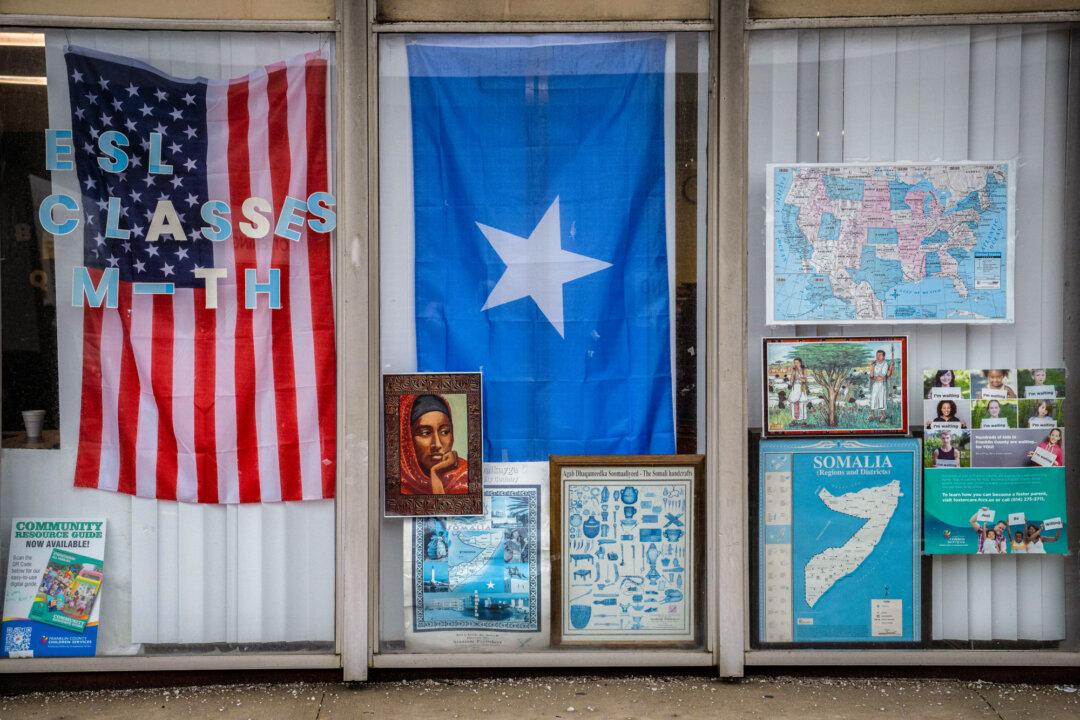The Biden administration’s immigration policy is being contested in court in Houston, Texas, on Aug. 24. A coalition of Republican-led states are challenging a policy that allows parole in the United States for thousands of citizens of Central America and the Caribbean.
The immigration policy is a humanitarian parole program that allows tens of thousands of individuals to be released into the United States every month from Cuba, Haiti, Nicaragua, and Venezuela.





